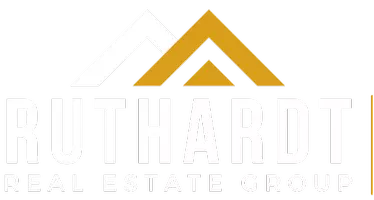

Big Changes for Ruthardt Real Estate Group
Big Changes for Ruthardt Real Estate Group: Joining Forces with Real Broker At Ruthardt Real Estate Group, change means opportunity, and we’re thrilled to announce an exciting new chapter for our team. After our partnership with Teifke Real Estate, we’ve decided to take the next step and join forces
Read More

What to Expect in 2025: Texas Real Estate Market Trends & Insights
At Ruthardt Real Estate Group, brokered by Teifke Real Estate, we believe in embracing innovation, not resisting it. As technology continues to reshape the real estate industry, we are fully committed to utilizing AI-driven insights to provide data-backed, forward-thinking market analysis for our cl
Read More

Navigating the Home Buying Process: A Step-by-Step Guide for First-Time Buyers
Navigating the Home Buying Process: A Step-by-Step Guide for First-Time Buyers Buying your first home is a thrilling adventure, but it comes with its fair share of challenges. In this comprehensive guide, we'll walk you through each step of the home-buying process, providing valuable insights and ti
Read More

Get Started Investing in Real Estate House-Hacking
Investing in real estate is an attractive proposition for many individuals. One effective strategy to get started in this lucrative field is called 'house-hacking'. This strategy involves purchasing a multi-unit property, living in one unit and renting out the rest. Here's a basic guide to getting s
Read More
Categories
Recent Posts











